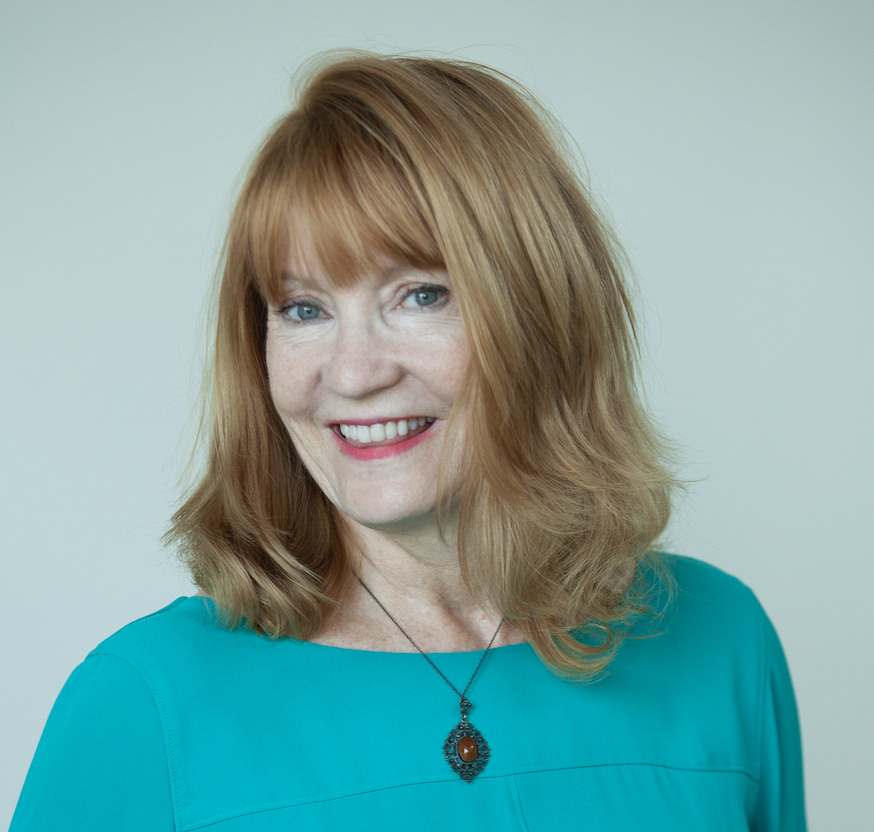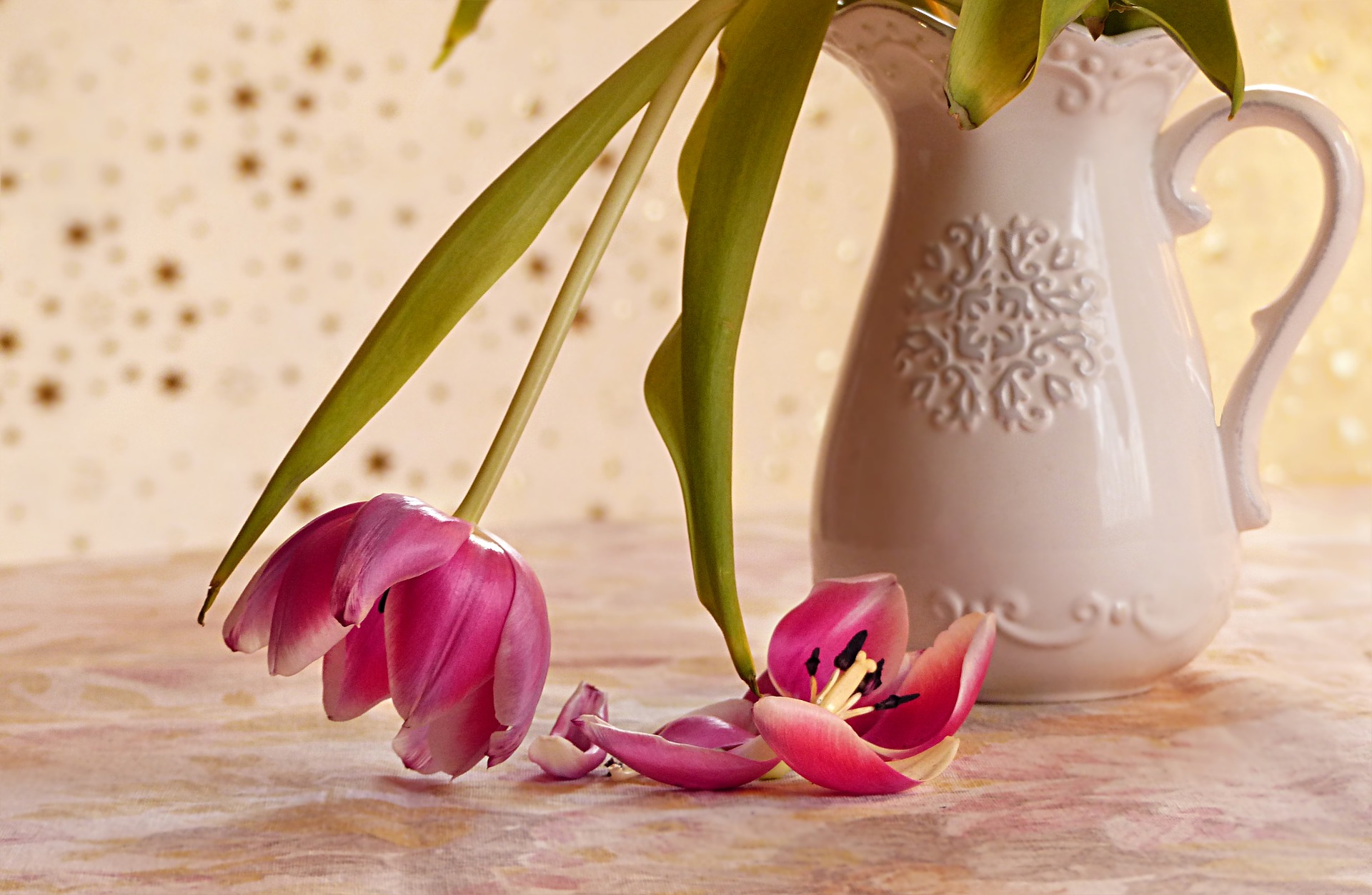My mother (Joanne Meloni), loved to work in the garden. She was a fan of a beautiful English garden and her garden was her pride and joy. Once while I was visiting, she looked out the window and saw some strangers wandering around the backyard. She opened the sliding glass door and asked, “Can I help you with something?”
Sheepishly, one of them replied, “We heard about your garden and we just wanted to take a peek.”
There is a lot of death in the garden. Some plants are not meant to last more than one season, some become diseased and die, some die from old age. Sound familiar? Mom never let gardening deaths and disappointments get the better of her. She would not let the fact that a specific plant was going to bloom once and then die to dissuade her from enjoying that plant. Instead, this was a reason to enjoy the flower even more. Mom worked in the garden on the day that she died. She did not know it was her last day, but she would not have had it any other way.
To live with death is to really live. At a meditation retreat, I recall our teacher giving a Dhamma talk on impermanence. He discussed how at first so many of us find the concept of impermanence discouraging. When the meaning of impermanence is misunderstood, it can push you toward nihilism. Some develop an “if nothing lasts, why bother?” attitude. Others may take it as an excuse to disregard others and a call to hedonism. “Nothing lasts, I am going to die anyway, so to hell with everyone else: I am going to do whatever I feel like doing, consequences are damned.”
Both of these extremes are the wrong view. The point, our teacher told us, was to go all in. Instead of avoiding experiences in life, learn the most you can from those experiences. Instead of avoiding relationships with others, be fully in those relationships, without attachment. Learn from the present moment because it will be gone. Don’t think, “Why bother? This will not last.” Do think, “This opportunity will not be here again. Let me really be in this moment and let it be my teacher.”
It is important to remember that everyone will experience death. What rises, ceases. It is not about if your loved ones will die, it is when. The older we get, the closer we are to our death and the deaths of our family and friends.
“Those who have come to be, those who will be:
All will go, leaving the body behind.
The skillful person, realizing the loss of all, should live the holy life ardently.”
Ud 5.2
To rail against death and to think that you can control the experiences that come your way is to cause yourself to suffer even more. The answer is not to avoid life’s challenges; the more you wish to avoid suffering, the harder it will be. The more that you wish that the people you love will never have to leave you, the more difficult it will be for both of you when their time comes.
The answer is to recognize the impermanence of your existence and to understand the importance of making the most of this opportunity for your growth. You are here now, and now is the time to practice non-attachment. Recognize that everything will change. We are all subject to old age, sickness, and death. Old age is a gift. The more that you can become comfortable with the knowledge that you cannot keep everything and everyone you love, and that you cannot avoid the things that you do not enjoy, the closer you are to the end of suffering.


